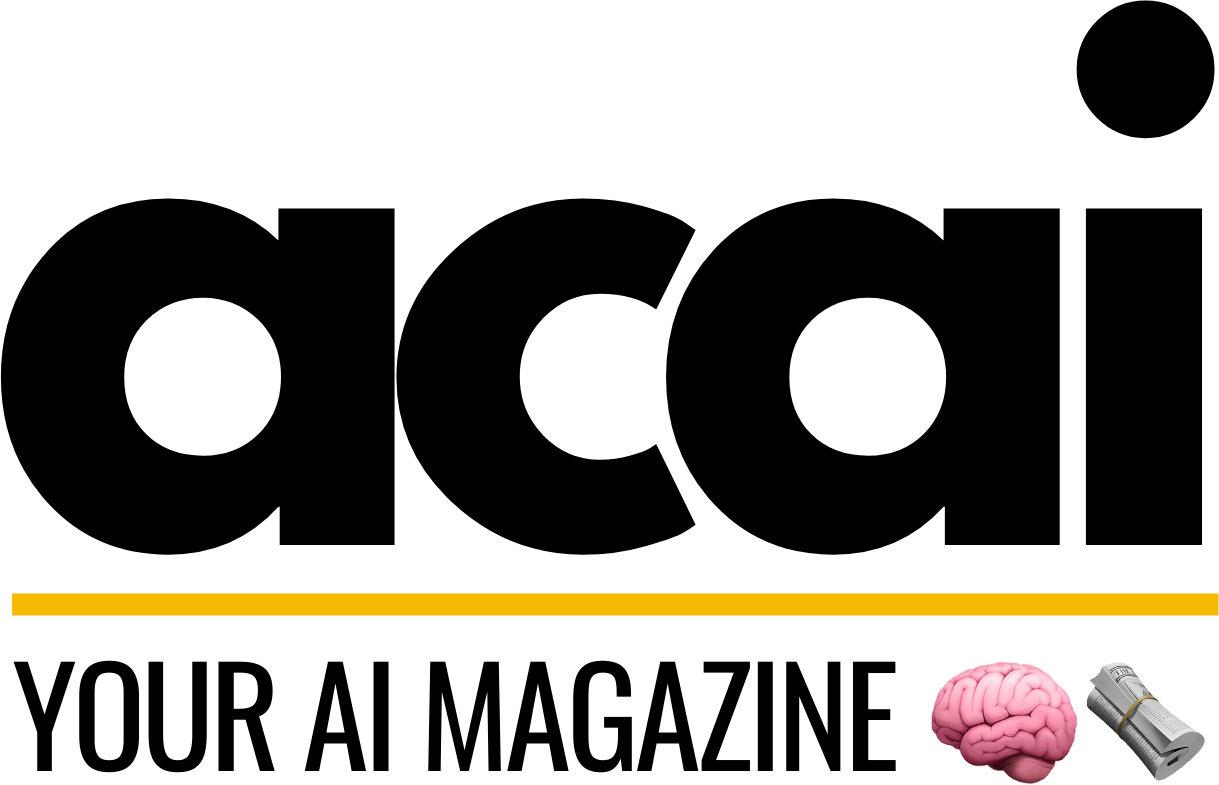Automating content audits and optimization decisions in real time
As the digital landscape becomes increasingly competitive, maintaining the relevance and performance of SEO articles is crucial for any content-driven business. This comprehensive guide explores how artificial intelligence (AI) is transforming the way businesses score and refresh underperforming SEO articles, automating content audits, and making optimization decisions in real-time.
- The Importance of Content Audits
- Role of AI in SEO Content Optimization
- AI Tools for SEO: A Closer Look
- Case Studies: AI in Action
- Implementing AI in Your SEO Strategy
- Conclusion
The Importance of Content Audits
Content audits are essential for understanding the health and performance of a website’s SEO strategy. They help identify which parts of a website’s content are underperforming, outdated, or irrelevant. Regular audits allow for the timely refreshment of content, keeping it relevant and engaging for users and search engines alike.
- Identifying gaps and opportunities in content
- Updating outdated information and statistics
- Improving user engagement and retention
- Enhancing overall SEO performance
Role of AI in SEO Content Optimization
AI is playing an increasingly significant role in automating the SEO content optimization process. By leveraging machine learning algorithms and natural language processing, AI can analyze large volumes of content quickly and efficiently, providing insights that would take humans much longer to derive.
- Automated content scoring: AI tools can score content based on various SEO metrics, helping prioritize which articles need the most attention.
- Real-time optimization suggestions: AI can suggest real-time improvements for content, such as keyword inclusion, readability enhancements, and structural changes.
- Content trend analysis: AI can analyze search trends and user engagement to suggest topics that are likely to perform well.
AI Tools for SEO: A Closer Look
Several AI tools have emerged that specialize in different aspects of SEO content optimization. These tools not only help in identifying underperforming content but also provide actionable insights to enhance content quality and performance.
- MarketMuse: Uses AI to analyze content and compare it with competitors, suggesting improvements and topics for further exploration.
- Clearscope: Provides recommendations for content optimization based on real-time data about what’s currently ranking in search engines.
- Surfer SEO: Analyzes on-page SEO elements and compares them with top-ranking pages to suggest optimizations.
Case Studies: AI in Action
Several companies have successfully integrated AI into their SEO strategies with significant results. For instance, a leading online retailer used AI to optimize over 10,000 product descriptions, resulting in a 30% increase in organic traffic. Another example is a tech news website that used AI to refresh old articles, leading to a 50% increase in user engagement.
Implementing AI in Your SEO Strategy
Integrating AI into your SEO strategy can seem daunting, but with the right approach, it can lead to substantial improvements in content performance and user engagement. Start by identifying the right AI tools that meet your specific needs, set clear goals for what you want to achieve, and continuously monitor the performance and adjust your strategy as needed.
Conclusion
AI is transforming the landscape of SEO by automating the scoring and refreshing of underperforming articles. By leveraging AI for content audits and real-time optimization decisions, businesses can ensure their content remains relevant and high-performing, ultimately driving more traffic and engagement.
For more detailed insights on AI and its impact on SEO, visit Search Engine Land.




